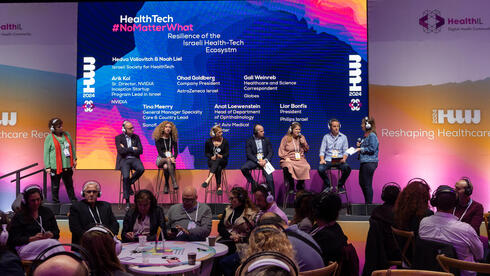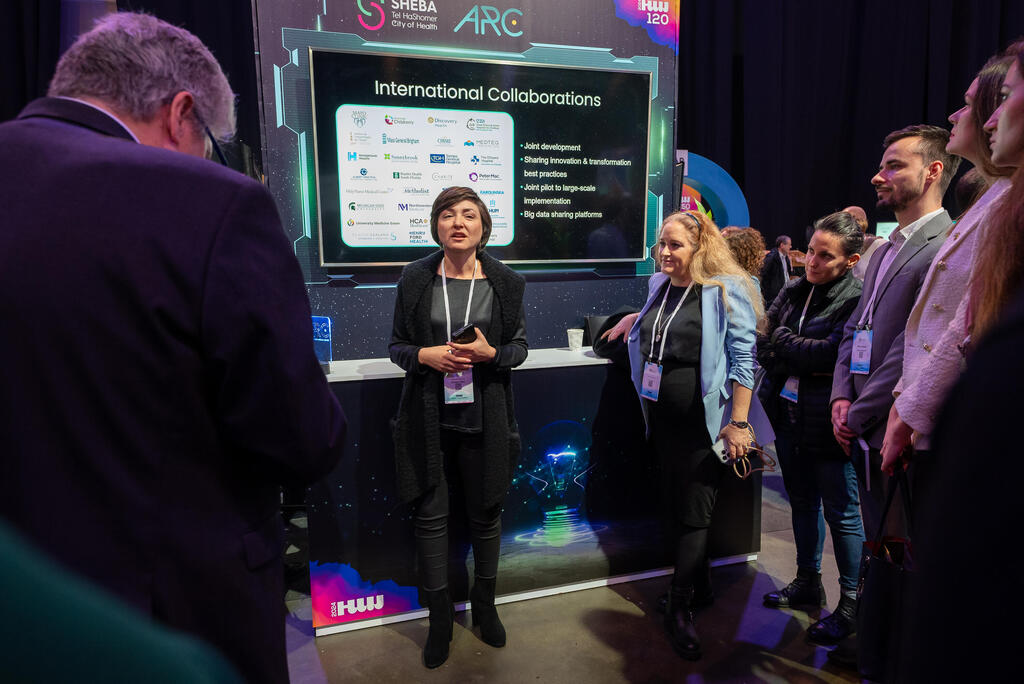Sector experts believe that the war has initiated a wave of new technological developments and advancement in Israel. Mrs Tolub says, “I imagine a nation that invests in the resilience of its people from birth, detects ‘invisible wounds’ early via innovative diagnostics tools, and aligns individuals with tailored solutions – a nation that provides personalised care to those impacted by trauma.”
Digital health opportunities in Europe
In recent years, Israeli companies have been making efforts to make themselves more attractive to global markets. Operating in a small market, Israeli entrepreneurs understand the importance of scaling their businesses on a global level, tapping into larger markets, and reaching international partners and customers. “Israeli founders need to have a global perspective, to dive deep into customer discovery, to understand the value that their customers need,” says Sam Cronin, Principal & Investment Manager at Arkin Digital Health.
Healthcare ecosystems across Europe are prioritising digitalisation and innovation, and the global economy does not pause. Now is the time to look for interesting opportunities and scale your businesses in Europe. Mr Cronin adds: “The longer Israeli founders stay in Israel and look at the local market, the harder it is to build a healthcare innovation and appropriate business model that truly addresses their international customers’ pain points.” Despite the currently challenging times, the appetite for collaboration and scaling into Europe continues.
Luxembourg: a launch pad for business in Europe
Over the past 15 years, the country has continuously been building a comprehensive ecosystem where healthtech companies can flourish. “Our approach to stimulating healthtech innovation is characterised by the uniqueness of our country: Luxembourg is an economic hotspot with a fast-growing, very diverse population that is limited in numbers,” says Jean-Philippe Arié, Cluster Manager – HealthTech at the national innovation agency Luxinnovation. “We focus on our main strengths: our ability to be agile, and our globally connected economy that makes Luxembourg an excellent springboard for companies with ambitions to grow on an international scale.”
Facilitating healthtech market access
A further programme, the Joint Call HealthTech, addresses companies’ need for clinical investigations to demonstrate the performance, safety, cost efficiency and patient benefits of their devices. The projects co-financed through the joint calls offer patients and healthcare professionals an opportunity to use and try new digital health innovations, and provide companies with precious insights into how their tools are received and performed.















